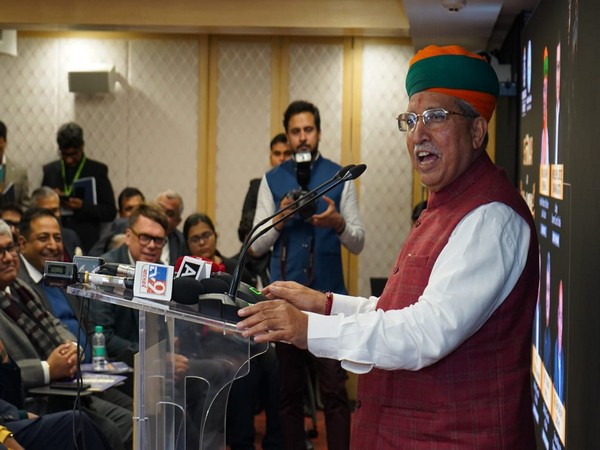India's First B.A. in AI and Law Launches, Ushering New Era in Legal Education
Jindal Global Law School in Haryana has introduced India's pioneering Bachelor of Arts program in Artificial Intelligence and Law. Inaugurated at a seminar attended by notable legal and policy figures, the course seeks to address AI's impact on legal practice, emphasizing ethical considerations, human judgment, and advancing justice.

- Country:
- India
Jindal Global Law School at O.P. Jindal Global University in Sonipat, Haryana, has launched India's first Bachelor of Arts program in Artificial Intelligence and Law. The groundbreaking initiative was announced during a seminar titled "Artificial Intelligence and Law," which gathered esteemed legal scholars, jurists, policymakers, and industry leaders to explore AI's growing influence on the legal sector.
Union Minister for Law and Justice, Arjun Ram Meghwal, expressed enthusiasm for the program, calling it a significant milestone. He stressed the need for balancing technology integration with human-centric approaches, considering AI's potential to enhance legal proceedings and translation services while also raising ethical concerns about data privacy and protection.
Prof. C. Raj Kumar, JGU's Founding Vice Chancellor, highlighted AI's global implications for the legal field, such as advancements in legal analytics and the dangers of bias in AI systems. He emphasized the urgency of closing the digital divide to ensure AI does not exacerbate social inequalities. Discussions also touched on AI's role in cross-border disputes and its ethical challenges in law enforcement.
Justice Dipankar Dutta, from the Supreme Court of India, noted the diverse opinions regarding AI's impact on legal services, recognizing the uncertainty inherent in embracing revolutionary technologies. He affirmed that AI would undoubtedly reshape legal academia, practice, and justice delivery.
Attorney General for India, Senior Advocate R Venkataramani, emphasized the evolving relationship between law and technology. He highlighted the necessity for interaction beyond utilitarian use, which will redefine our technological engagement.
Solicitor General of India, Tushar Mehta, pointed out the legislative focus on AI, with 33 laws passed globally in 2022 to address AI's impacts. He stressed AI's limitations in legal contexts, advocating for the irreplaceable role of human judgment in legal decision-making.
Dr. Abhishek Manu Singhvi, Senior Advocate at the Supreme Court of India, argued that AI should complement, not replace, legal professionals. While AI can handle routine tasks, human judgment and ethical comprehension remain irreplaceable, emphasizing AI as a tool to augment human insight, allowing lawyers to focus on strategic and complex legal work.
Overall, panelists agreed that AI presents manageable challenges. By ensuring transparency, addressing biases, and implementing effective regulations, AI can be integrated as a beneficial component in justice advancement.
(With inputs from agencies.)










